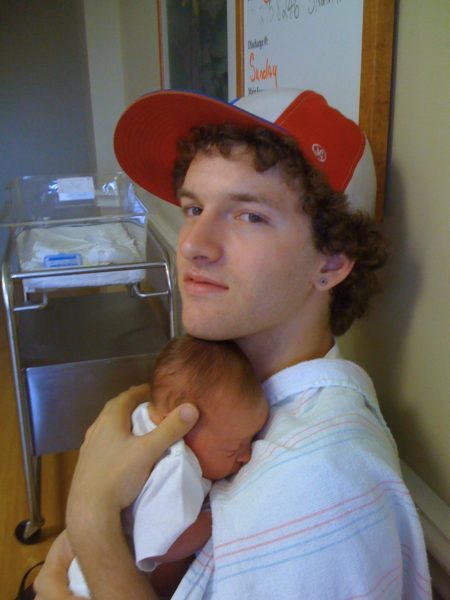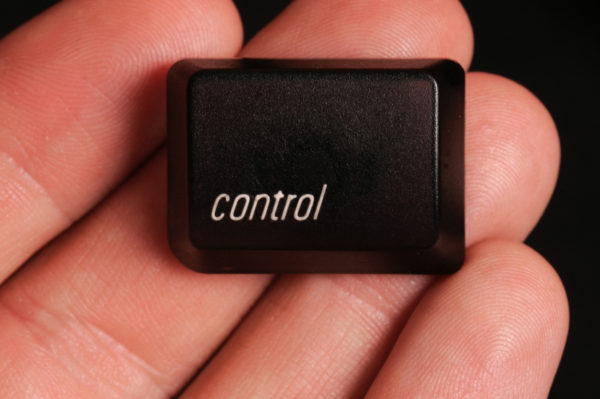First an announcement: I’m having major surgery in the morning so I won’t be posting until I recuperate. I don’t know how long that will be but I’m guessing early next week. I also won’t be checking Facebook or answering comments directed toward me. I will ask you a favor. Please, please, please (and I’m begging shamelessly) do not send me any emails. I know you want to send well-wishes, and I know you care about me like I care for you. Some of you might want to know what the surgery is and if I’ll be okay. All I can tell you is that I’ll be fine, but the thought of answering several hundred of them (which I often get daily) is just exhausting.
Me: So, it’s not an awareness that we have where you’re thinking, using your brain.
Erik: No, no. It’s not like that when you’re using those kinds of examples. Humanity has a different kind of awareness and self-awareness. Source is the creator of every possible potential. All probabilities. All possibilities. It creates all of those things, and in order for us to exist, that means that nothing is impossible, and it also means it’s infinite because the way you can put together the interactions of those kinds of things creates expressions of self-awareness. Humans are put together in a way that allows us to express ourselves in the way we know ourselves to be through communication, using our brain, the way we feel, emotions.
God, I have to get this boy on track again.
Me: What about eating disorders? What’s behind that? I know there are many, many reasons, but what are some of the most common ones?
Erik: A really big one—and it all goes back to scarcity, and it’s another type of addiction—is control. Sometimes it’s about not feeling that you look enough so that you have to starve yourself into looking like a skeleton before you can realize that there was no scarcity of looks.
Robert: What did he say? I’m not sure that made sense.
Erik: Focus, Dude. Focus!
Robert chuckles.
Robert: Worthiness. That’s the word he used.
Erik: Some people just feel like they don’t deserve food so they withhold it from themselves. Sometimes it’s about playing the victim or the victimizer where you punish yourself or other people. That can be all about attention seeking because you feel like you weren’t getting the attention that you needed. Scarcity of attention. Here’s the cure for all that stuff. You gotta get out of that whole fearful shit because fear is holding you back. It prevents you from asking for what the hell you want and need.
Me: The fear of scarcity?
Erik: Yeah. Yeah. I can’t tell you how many spirits have come across that review their lives and see that scarcity played a big part in it. They’re like, “Well, I never did ask for more, and all I did was see the scarcity and think, ‘Oh, I gotta attain more; I gotta attain more. I have to do more. I have to hurt myself more. I have to allow myself to be hurt more. I have to feel more.’” But all they had to do is stop and say, “Wait. I don’t have to continue this way. Let me ask for something else.” Sometimes that asking comes through prayer. Sometimes it comes through asking another person, and if that person doesn’t hear you, you need to ask somebody else.
Me: What about asking yourself?
Erik: Of course.
Me: Well, what would some of the things be that you could ask yourself for?
Erik: You’d start with asking the question, “What do I want? What do I need?”
Me: Ah!
Erik: Think about, “Why am I so overwhelmed by my feelings?” or whatever is the most obvious thing to you. Then you can go from there because there are a lot of questions that need to be asked and answered before you can get to the endpoint of the lesson. Sometimes you can’t do that by yourself. Think about what that’s doing. Remember how I was saying that awareness is interaction? When you’re asking yourself a question, and you don’t know how to guide yourself, what is that forcing you to do, Mom?
Me: To ask for help.
Erik: Yes, and what is that? Interaction.
Me: Mm. So, maybe sometimes this is a lesson for that person to learn to reach out, to be vulnerable.
Erik: Yeah, and that reaching out could, like you said, involve being comfortable with being vulnerable with others, but also with yourself. There are two sides to every coin. In this case, one side of the coin is being vulnerable with yourself and the flip side is being vulnerable to someone else. Either way, it’s an interaction.
Me: But most people think being vulnerable to others is a sign of weakness.
Erik: Yeah, but that’s because they’re afraid of being weak. They think they’re losing power. That’s rooted in fear, but it’s not a powerless situation at all to come across as vulnerable. I can tell you why people do that because of how the human brain works. It was wired into us. Fear, in general, was wired into a very primitive part of our brains.
Robert (to Erik, chuckling): Erik, you’re acting all like this scientist!
Erik: Yeah, yeah, yeah.
Me: You have your lab coat and little spectacles on?
Erik (to Robert, laughing): Shut the fuck up, Dude!
Robert (to Erik): All right, mister.
Erik: Anywaaaayyy. It’s wired into a very primitive part of our brain because, early on, it served us. It kept us out of danger. You needed to be constantly on guard, constantly looking for things that could hurt you, and then when you perceive that danger, you feel fear. What does fear make you do? It sends you into a fight or flight situation. So, that’s what’s going on with people who think showing vulnerability is a sign of weakness.
Me: It’s like turning over and exposing your soft belly to a predator.
Erik: Yeah, they’re still living from a primitive place in their mind, and I don’t mean primitive in a condescending way. It’s just something that is the root or core of the human brain and in the brains of other animals. It keeps them here. If we didn’t have that, think about all the lessons or opportunities for interactions we’d miss out on in the physical world. What if you were prancing around in the time of dinosaurs thinking, “Oh, I’m so happy and safe!”
Okay, he needs to reread his history.
Me: We wouldn’t have a human race!
Erik: That’s the point I’m getting to, Mom.
Me: But that vulnerability that’s rooted in fear no longer serves us. Now, it’s rooted in power. It seems like you’re saying it’s a way to interact, to connect with others.
Erik: Yeah, that’s it. Think about this. People nowadays are walking down the street, and there’s someone sitting on the curb sobbing. Eventually, someone is going to come over and comfort them. That’s a strength. That’s attracting interaction to you in a way that you know is going to help alleviate your suffering. You might not see it at the time because some people think, “I don’t need this. I can handle this by myself!” They just sort of shrug them off. That’s just another manifestation of their own fear.
Me: Okay. Is there anything else you want to say about self-sabotaging behavior?
Erik: In general—
(Pause)
Robert (to Erik): Yeah. I know.
Robert: He’s calling me out on this one, because I’ve done this myself.
Erik: Not to sound like a broken record, but, again, it’s all rooted in scarcity, which is rooted in fear, but everyone sabotages themselves for different reasons. Let’s use Robert as an example.
Robert (to Erik): Thank you.
Erik: In the past, he’d get to a point where he’s doing pretty well, but then he starts thinking, “Ooo. I’m doing so well. I could lose this. I don’t think I want to know what that feels like because I’ve felt that too many times before, so maybe I should back away from this.” With that first thought, he’s setting himself up for self-sabotage, and it can only be defined as self-sabotage if the only thing he wanted to do, which was having some sort of success or whatever, he pushes himself away from it so that he will never get that. A lot of our failure is about never allowing something to come to fruition. Then, what do you do? You perpetuate this, “Oh, look at the things I could have had, but no, they never happen to me.”
Me: So you have this self-pity thing going on.
Erik: Yeah, and you get this sense of worthlessness. You give yourself an excuse to victimize yourself.
Me: I know that you say there’s no real negative or positive, but I have to say this in a way we humans can understand. All negative emotions are rooted in fear.
Erik: Right, but even on a broader level, it’s rooted in chaos. A lot of people think chaos has no order to it and that it’s just randomness, but everything has an order. It’s just hard to recognize it with the kind of self-awareness that humans have. But because we don’t see that order, it creates a sense of uncertainty in us, and we’re not comfortable with that. What does uncertainty do? Since we can’t see how things are going to play out, we go into that fearful place, “Oh, I don’t know; I don’t know; I don’t know.”
Me: Right.
Erik: So, that side of our brain that tells us to run or fight takes over. Chaos creates uncertainty, and being uncomfortable with uncertainty creates fear.
Me: That makes sense.
Erik: And scarcity creates a sense of uncertainty, doesn’t it?
Me: Mm hm.
Erik: “I may never get that.”




